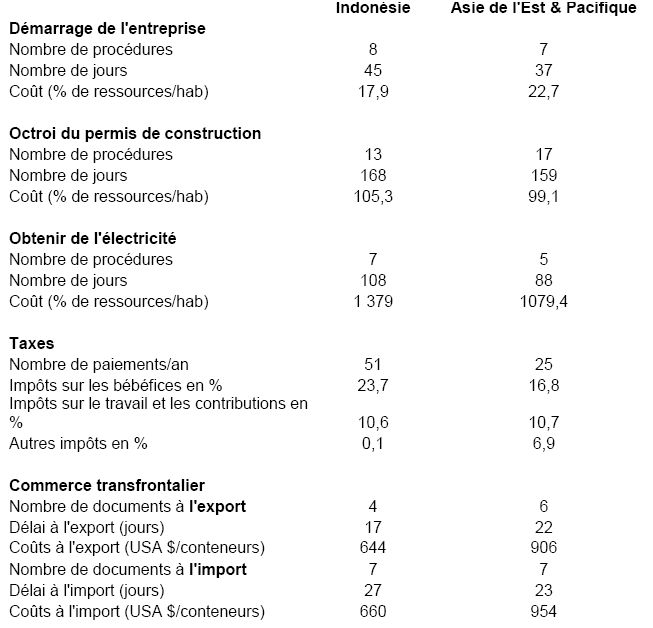IKEA STORES TO OPEN IN INDONESIA IN 2014 – Yahoo! News Malaysia
http://my.news.yahoo.com/ikea-stores-open-indonesia-2014-054614076.html
- International home products company, IKEA
will be opening its stores in Indonesia starting 2014, following a franchise
deal with Indonesian public-listed retail giant PT Hero Supermarket (HERO).
The franchise agreement, signed with Inter IKEA Systems on Thursday, will
allow HERO to sell IKEA »s furniture and interior design products in Indonesia,
HERO said in an Indonesia Stock Exchange (IDX) filing on Monday, local dailies
reported Tuesday.
The agreement will allow HERO to open IKEA stores across the archipelago,
- The Jakarta Post reported that Indonesia »s
consumer goods sector has been seen as a lucrative market in recent years, as
the country »s economy, which is heavily reliant on household consumption, grew
above global averages at more than 6 percent in the past two years.
Indonesia still lacks formal jobs despite growth – Yahoo! News Malaysia
http://my.news.yahoo.com/indonesia-still-lacks-formal-jobs-despite-growth-055004822.html
- Indonesia is still facing high rates of time-related underemployment despite a continued decline in unemployment, indicating failures in the government’s job creation program – in spite of rapid economic growth – a report shows.
- The report also shows that most workers are employed by the informal sector, despite impressive economic growth. The report revealed that informal employment stood at 59 per cent in 2010, slightly down from 61.5 per cent in 2001.
- The government recently unveiled the Master Plan for the Acceleration and Expansion of Economic Development of Indonesia (MP3EI) in eight economic corridors expected to spur more investment in the regions outside of Java.
- « Obviously, the opportunity is there for more investment and more economic growth. But how to translate this into the creation of productive employment remains in question, »
- « Slow progress in the creation of formal employment is closely related to constraints in the investment climate, ranging from poor infrastructure to unfinished investment regulations. We still have a lot more to do to improve the investment climate so we can promote more labor-intense manufacturing, » Rachma said.
Down payment rule benefits lenders: Moody’s | The Jakarta Post
http://www.thejakartapost.com/news/2012/03/27/down-payment-rule-benefits-lenders-moody-s.html
- it will affect credit growth and earnings, ratings agency Moody’s Investors Service says.
- they will enforce more prudent lending and counteract lending practices that we believe banks and finance companies have relaxed over the past five years,”
Fuel protests across the country turn ugly | The Jakarta Post
http://www.thejakartapost.com/news/2012/03/27/fuel-protests-across-country-turn-ugly.html
- nti-fuel price hike protests had turned violent.
- The government has proposed to increase subsidized fuel prices in April.
Environmental Migration: Climate Change Could Spawn Mass Migrations, Study Says
http://www.huffingtonpost.com/2012/03/13/environmental-migration-climate-change_n_1340868.html
- MANILA, Philippines (AP) — The Asian Development Bank is warning countries to prepare for influxes of people fleeing natural disasters as climate change exacerbates rising sea levels, soil degradation and seasonal flooding.



